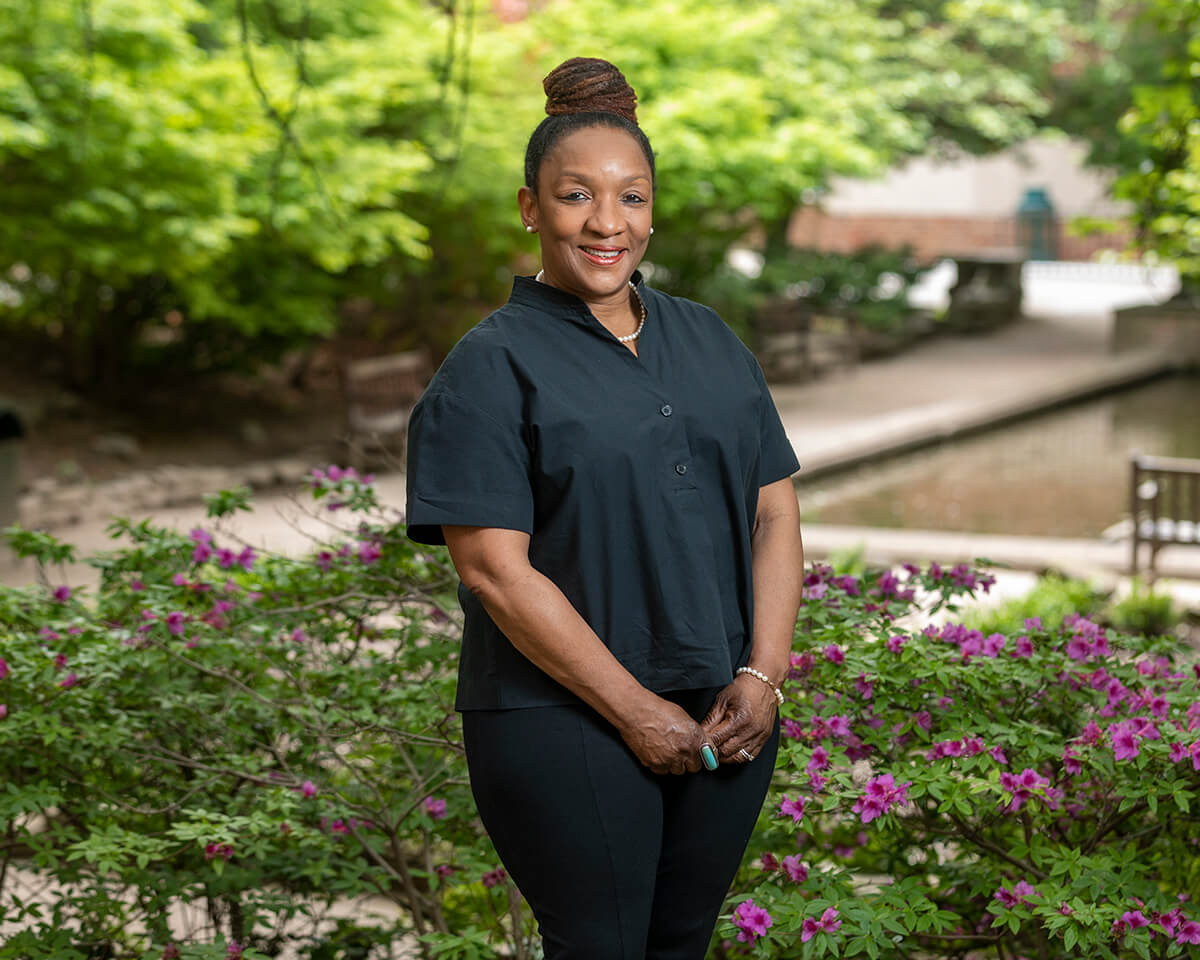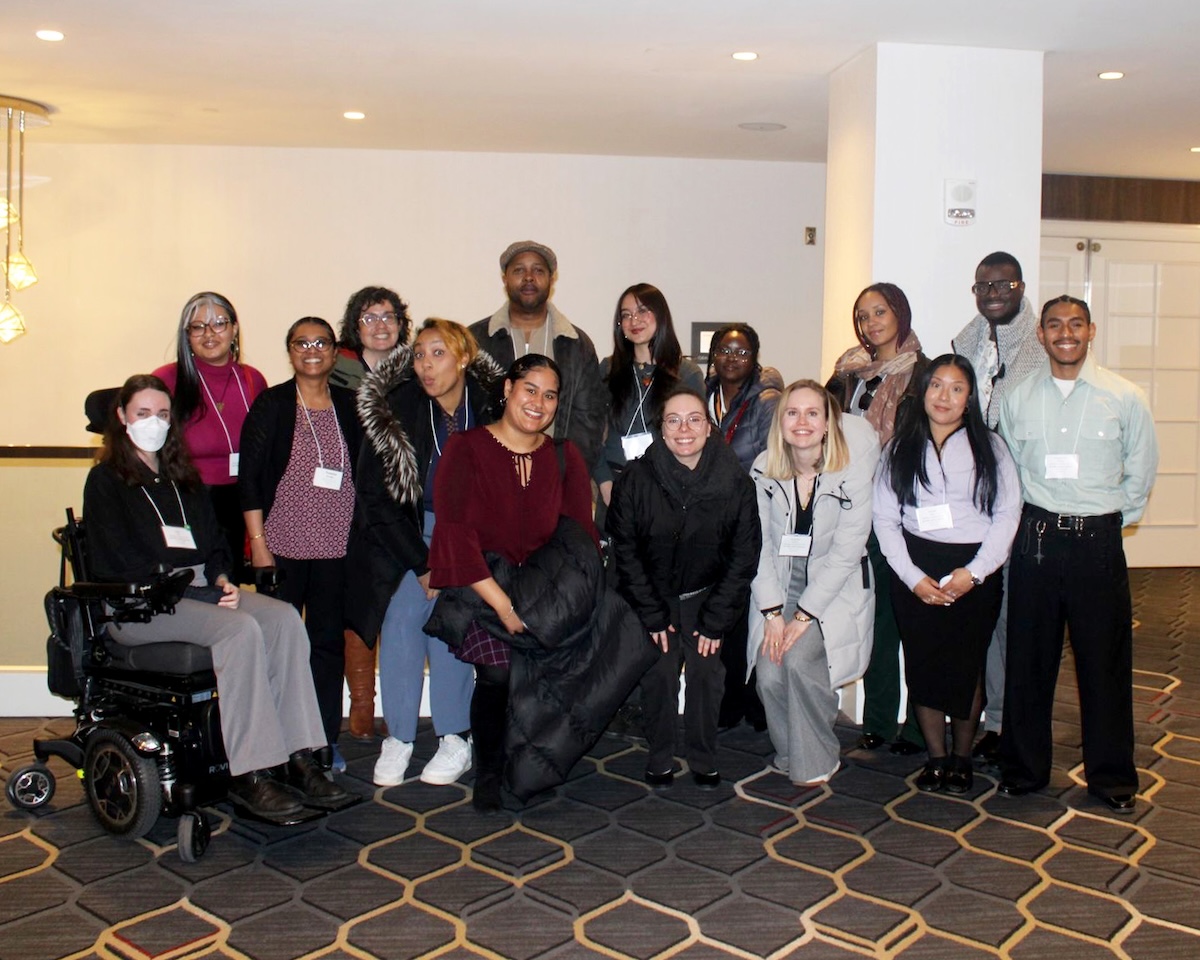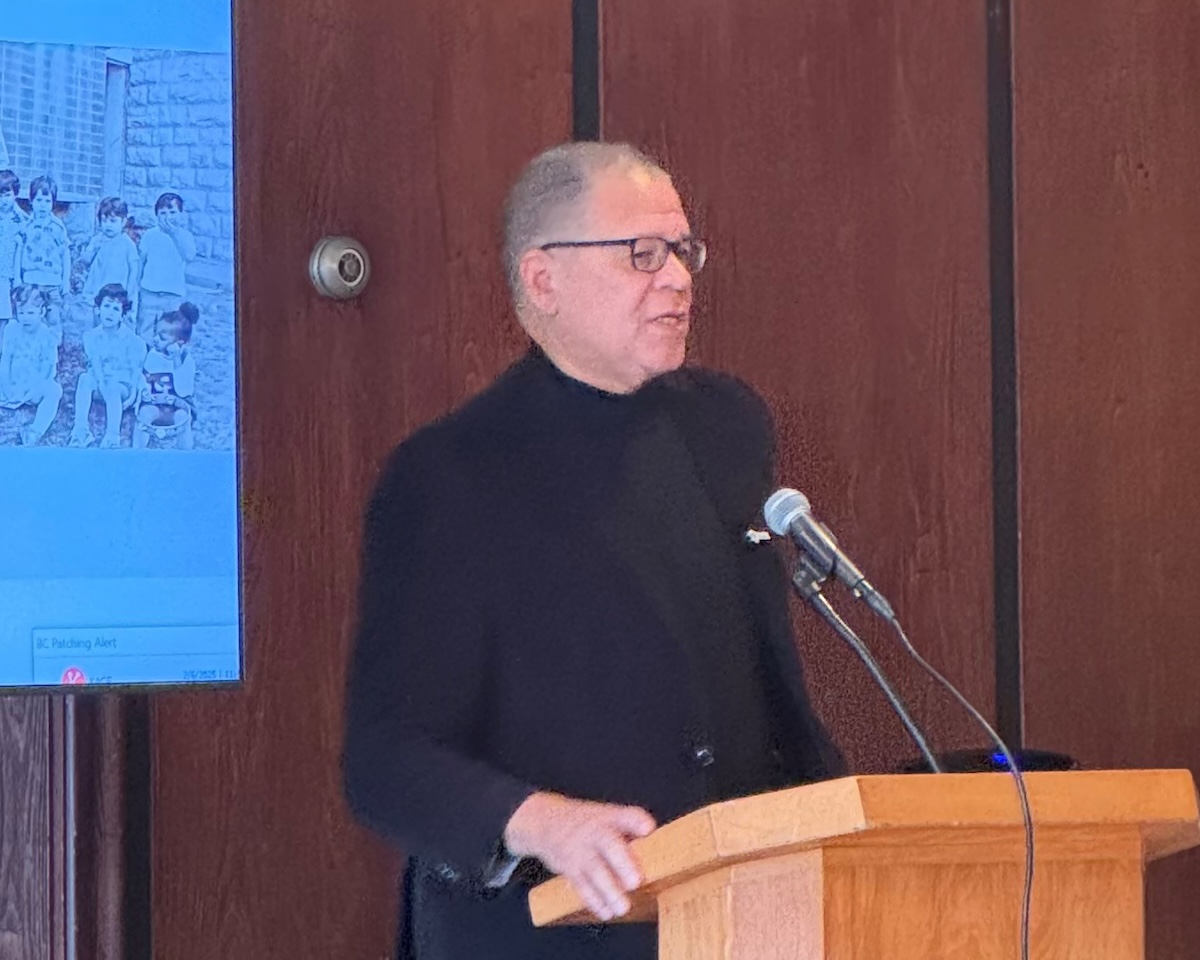Since taking over as its director, Marie Lily Cerat has leaned on a democratic leadership style, her education, and an unwavering commitment to her homeland to accomplish the important work that CUNY’s Haitian Studies Institute (HSI) at Brooklyn College does locally and beyond.
In addition to being the co-founder of Haitian Women for Haitian Refugees in 1992, Cerat holds a Ph.D. in urban education and a certificate in Africana studies from the CUNY Graduate Center.
For the past four years, she has marshaled her considerable experience and educational background to guide the HSI, ensuring that it is a locus for the Haitian community, a rigorous research hub, and a think tank for important public policy.
We asked Cerat—an assistant professor of modern languages and literatures—about the revolutionary power that Haitian independence unleashed in the global south at the turn of the 19th century and its symbolic importance at the institute in the ongoing work of decolonization and social justice today.
What do you think about leadership, both as a director and also as an organization in your various communities?
My leadership style is anchored in the democratic principles I live by. That’s how I think about leadership. Moreover, I continuously encourage the staff to further their education to see themselves in decision-making roles and to pursue opportunities that will improve the community and our society. I guess it is my democratic leadership style that also helps to foment such community among us. I feel that every member of the staff is committed to the vision and mission of the institute, and they demonstrate that commitment by always being present whenever we need to deliver programming to the community.
While the pillars that hold up the institute are research, policy, and community, what drives our agenda are tenets of social justice, human rights, women’s rights, community building, and education. I draw inspiration from thinkers like the Haitian anthropologist Michel-Rolph Trouillot, whose writings and contributions transformed the social sciences and humanities while disrupting the dominant Western narratives and decentering historiographies that silenced non-Western accounts, like the Haitian Revolution.
From whom do you draw inspiration?
I draw inspiration from scholars who have helped us understand the Black trans-Atlantic experience and provided tools to help us comprehend what we can do to change the conditions in our communities and to heal from colonial slavery experiences. Thinkers like Sojourner Truth, Gloria Jean Watkins (better known by her pen name bell hooks), and Frantz Fanon, as well as statesmen like Henri Christophe (Haitian leader, 1807–11), Dumarsais Estime (Haitian leader, 1946–50), and Frederick Douglass, are people whose work I consult all the time to find inspiration.
If you were to choose one program at the Haitian Studies Institute to represent its ambitions and identity, what would it be and why?
A community can grow and thrive only if it continuously invests in its youth. Whether it is the NextGen Transformational Leadership Program, the Young Scholars Civics Institute, or our Career Day, these programs represent a significant part of how we are building our identity in the Haitian community and on Brooklyn College’s campus. Furthermore, these initiatives allow us to bring high schoolers to the college for them to experience the community and imagine themselves as students at Brooklyn College or other CUNY schools.
Why is the location of the institute important?
The heart of the New York Haitian community resides in Brooklyn. Brooklyn College is part of the community that we refer to today as Little Haiti due to the large population of Haitian immigrants or those born in the United States who live in Flatbush, East Flatbush, Erasmus, and Midwood—the neighborhoods that surround the college. Many students of Haitian origin enroll at Brooklyn College. This institution of higher learning must also make its educational resources available to the larger community by providing English as a Second Language courses and other vocational programs for older Haitian immigrants who are trying to upgrade their skills to enter the U.S. workforce.
Why is Brooklyn College the perfect home?
The relationship with Brooklyn College permits us to collaborate with other campus entities. For instance, to mark International Women’s Day on March 8, the HSI hosted a one-day conference titled Resisting the Policing of Women’s Bodies: Affirming Individual and Collective Rights in 21st-Century America. The conference brought together scholars, students, activists, and artists from across the college community to focus on the ongoing struggle for rights for women and girls in the United States. We discussed women’s autonomy, reproductive rights, health justice, and the Black women’s maternal health crisis alongside some of the most brilliant and ardent women’s rights advocates, including Nobel Peace Laureate Leymah Gbowee, the legal scholar Michelle B. Goodwin, Brooklyn College Sociology Professor Naomi Braine, and founder of the Haitian Women’s Collective, Carine Jocelyn.
How do you define the difference between the work of the HSI in the lives of the Haitian diaspora and Haiti proper?
The institute’s role is to do work—research, policy, and community building—right here in the New York Haitian community and the U.S. Haitian diaspora, but we also have a responsibility toward Haiti, the homeland. So, our work touches upon issues affecting both, ensuring both the diaspora and homeland remember and communicate with one another. In effect, many of us leave Haiti after being educated—this is what some scholars refer to as “brain drain”—and we recognize that the political upheavals and insecurities that caused this migration are reason enough for us to remain connected, to support the country and family left behind.
Why should our readers care about Haiti and Haitian studies?
Haiti and its people achieved something remarkable at the turn of the 19th century: In 1804, the Haitian Revolution and ensuing independence marked the first and only time in history that slaves overturned the system of slavery. This represented a beacon of hope for the region, and Haiti supported all initiatives for liberation from slavery and colonialism. In 1815, the Venezuelan military and political leader Simón Bolívar came to Haiti seeking help. Alexandre Pétion, president at the time (1807–18), provided Bolivar with men and weapons and asked him to repay Haiti by supporting and making the abolition of slavery a part of his program for independence. With this support, Bolivar led Bolivia, Colombia, Ecuador, Panama, Peru, and Venezuela to freedom from the Spanish Empire.
Looking toward the future, where do you imagine the HSI will be in five or even 10 years?
In 2026, the HSI will mark its 10th anniversary. We are looking forward to celebrating this milestone and having year-round programming to give visibility to all that we have accomplished. In five years, we aim to strengthen our funding so that we can expand and maintain our already successful programming, to grow our staff to deliver more to the community. During this time, we want to establish scholar- and artist-in-residence programs that facilitate conversations between the disciplines as well as dialogue with the broader community.
In 10 years, the HSI will be a major research hub. Anyone researching Haiti and Haitians will want to consult the HSI archives and special library collections. We are developing digital and physical archives that collect Haitian activism in New York from the 1960s to the 2000s. This will be unique to researchers in the United States and beyond. We have already acquired the papers, audiovisual recordings, and library of one the most important political organizers in the New York Haitian community, Daniel (Simidor) Elizee, who worked at the Schomburg Center for Research in Black Culture and understood the significance of documentation and preservation.



